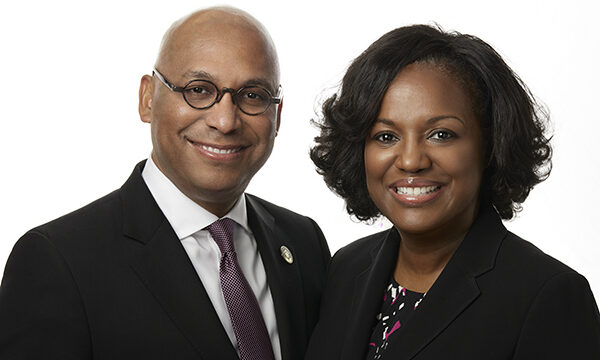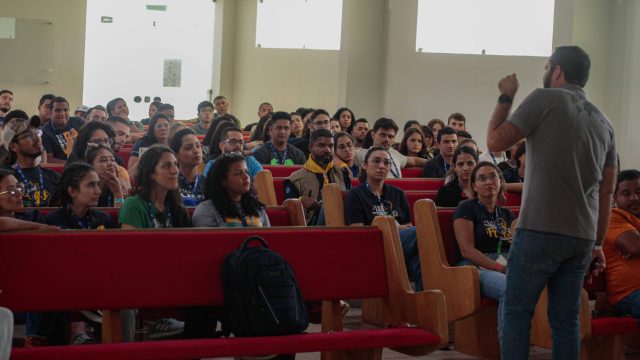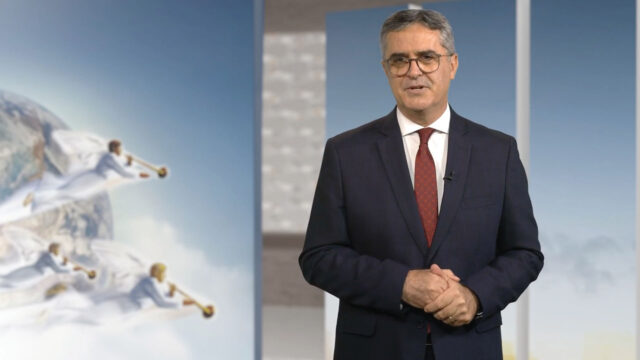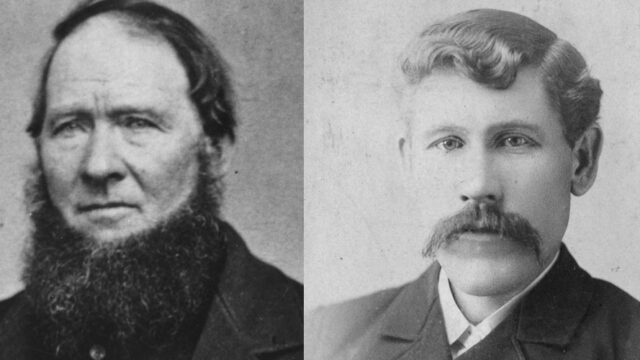Whatever will we do on Sundays?

On a recent Sunday, Galynn Brady sent a text message to her son Tom about what she and her husband were doing that day.
“We are watching ESPN,” she announced somewhat sheepishly, “6 or 7 hours today of Patriot games.” And then she added, “I think they think you retired.”
The son she was texting is arguably the greatest player ever to step onto a football field. And this particular occasion was the result of a perfect storm of events in the wide world of sports.
Just a few days earlier, Tom Brady had shocked the world when he announced he was leaving the New England Patriots to join the Tampa Bay Buccaneers, after spending two decades and winning six championships for the now-storied National Football League dynasty.
But as loudly as this momentous event would have reverberated anyway, it did all the more for one simple reason: no other noise in the sports world to interfere with it.
And thus, ESPN, which outpaces its next competitor seven-fold as the most lucrative sports channel in the United States, decided to prematurely memorialize Brady — not because he had retired but because they were starved for content.
If you haven’t noticed by now, COVID-19 is no respecter of sports, just as it doesn’t seem to be a respecter of any institution, nation, or industry. And for many people around the world, the coronavirus pandemic started really hitting home when their favorite sports leagues began to shut down.
The first domino fell on March 11, when the National Basketball Association announced it was suspending its season indefinitely. The next day, the National Hockey League followed suit, as well as Major League Baseball. A few days later, European football leagues started making the call as well.
Similarly, some of the world’s most storied marathons — Boston and London and Tokyo — decided to either reschedule their spring marathons to the fall or allow only elite runners to compete. And the International Olympic Committee finally announced on Tuesday, March 24, that it would postpone the 2020 summer Olympics, scheduled to take place in Tokyo, until 2021, an unprecedented move. Though the Olympics have been canceled three times in the past — during times of world war — they have never been postponed.
This has left millions, perhaps billions of people around the world, who invest much time and energy and devotion into their favorite pastimes, starving for some diversion from the 24/7 COVID news cycle. Some have even come up with creative proposals about how to adequately prepare for the next pandemic.
“In the future,” one tweeter with nearly a million followers perhaps only half-jokingly suggested, “we should have a library of never-before-aired sporting events. Every team has to play one secret game a year. Imagine if there was an NBA game from 2005 right now that no one even knew existed?”
Others, who seem less troubled about the new entertainment void, point out somewhat gleefully that the coronavirus has clarified who the real “essential” members of society are: the grocery store clerks, truck drivers, and nurses, not the multimillionaire stars of sports and movies.
We are all struggling to figure out life in this new existence, of course. Sabbaths that were once filled with hugs and potlucks have been replaced by Zoom worship services in our pajamas. Church, we have learned, is less about buildings than it is about connection — in whatever form that takes these days.
We long for the days of filled sanctuaries, much like the athlete does the filled stadium.
But uncertainty assails us from all sides. As we settle reluctantly into what is the new normal for now, we still wonder what it will yet be. We are slowly making sense of what is truly essential and what may not be.
The apostle Paul, himself borrowing imagery from the world of athletics, resolved — even in the midst of imprisonment — to press on “to reach the end of the race and receive the heavenly prize for which God, through Christ Jesus, is calling us” (Phil. 3:14, NLT). Despite the sort of quarantine and social isolation that was forced upon him, he still set his sights on that “eternal glory that far outweighs” any trouble or trophy the world could offer (2 Cor. 4:17, NIV).
He could only do this one day at a time, of course, putting one foot in front of the other.
We can do no better than he.
We may not have our normal amusements to distract us at this time, but maybe that’s just as well. It gives us opportunity to pursue, with undivided devotion, the prizes and victories and trophies that moth and rust can never destroy.








